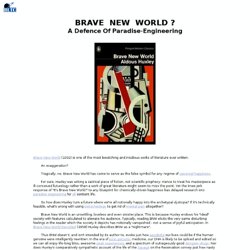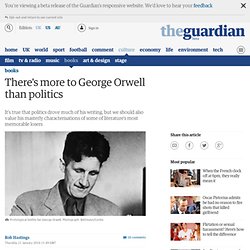

Beware Of Writer. I’ve seen a meme bouncing around that reveals reasons why you shouldn’t ever date a writer. It’s true, to a point. But I think it goes even deeper than that. Frankly, you should probably get the hell away from us. Anybody. Not just the people we date. So. They make us awful people. Imagine a sign around our necks: The Glass Is Not Half-Empty, But Rather, Full Of Badger Piss We are all pessimists, cynics, hypochondriacs and conspiracy theorists. Please Ignore Our Forked Tongues We are lying liars who lie.
Martin: You do it because you are trained to do it, you have the strength to do it and the courage to do it… and ultimately (pause) you get to like it. For the record, if you don’t like that movie, you’re dead to me. I lie to my wife all the time, by the way. You Are Wrong About Everything, Even When You’re Not We make shit up all day long, and then we must write about that made-up shit with utter authority. And so we frequently believe ourselves to be right. Like, beyond the pale. “He’s not.” Aldous Huxley : Brave New World. (1932) is one of the most bewitching and insidious works of literature ever written.

An exaggeration? Tragically, no. Brave New World has come to serve as the false symbol for regime of universal happiness . For sure, Huxley was writing a satirical piece of fiction, not scientific prophecy. Hence to treat his masterpiece as ill-conceived futurology rather than a work of great literature might seem to miss the point. So how does Huxley turn a future where we're all notionally happy into the archetypal topia? Brave New World is an unsettling, loveless and even sinister place.
Thus BNW , and isn't intended by its author to, evoke just how wonderful our lives could be if the human genome were intelligently rewritten. In Brave New World, Huxley contrives to exploit the anxieties of his bourgeois audience about Soviet Communism and Fordist American capitalism. As perfect pleasure-drugs go, soma underwhelms. For a start, soma is a very one-dimensional euphoriant. The good news gets better. More Than Human: Bladerunner's Human/Replicant Debate. Blade Runner addresses issues arising from the differences between man and machine more than any other film.
The root conflict in Blade Runner, as I see it is: What happens when machines created by man become superior to mankind? First, what does "superior" imply? Stronger? The Nexus-6 Replicants are physically stronger than humans, this is proven numerous times throughout the film. More intelligent? Too long; didn't read. MGK Versus His Adolescent Reading Habits. I actually liked a lot of the Goodkind books and still do.

He indeed is preachy, and I think everything goes downhill after his Faith of the Fallen. The books after FotF were really disappointing, and I think he was tired of writing them at that point. His series ending was rushed and unsatisfying. He also can be repetative, but I have a tendency to skim over the repetative parts (of any book). I think it’s ultimately his characters that make me love the books (except for a few minor irrations like when Kalahn–a trained, feared, competent leader of many lands–becomes an airhead whenever Richard is around or is weak and not fearsome when it’s convenient to plot).
Goodkind made me care about even his secondary characters, so I was emotional when he killed them off. He was also fairly inventive with some of the magic in his world (if not with plot), which is more than I can say for a lot of other books. Robert Jordan books I have also enjoyed. I don’t really care for GRRM books. Reply. There's more to George Orwell than politics. Last June, the 60th anniversary of the publication of Nineteen Eighty-Four brought an abundance of renewed tributes for its author, George Orwell.

Articles sprung up about him from just about everywhere, including some pretty fine ones concerning his time on Jura and how his essays chart the formation of his most famous novel's chilling vision of a totalitarian Britain. As ever, it was his political legacy that garnered the most attention. Alongside examinations of the novel's power from literary perspectives, both the left and the right used his ideas to illustrate their opinions of the problems in modern society. This treatment of Orwell is understandable: after all, he himself wrote, "Every line of serious work that I have written since 1936 has been written, directly or indirectly, against totalitarianism and for democratic socialism. " The motive behind his writing was always intensely political. Nevertheless, Orwell should not be read purely as a political writer.